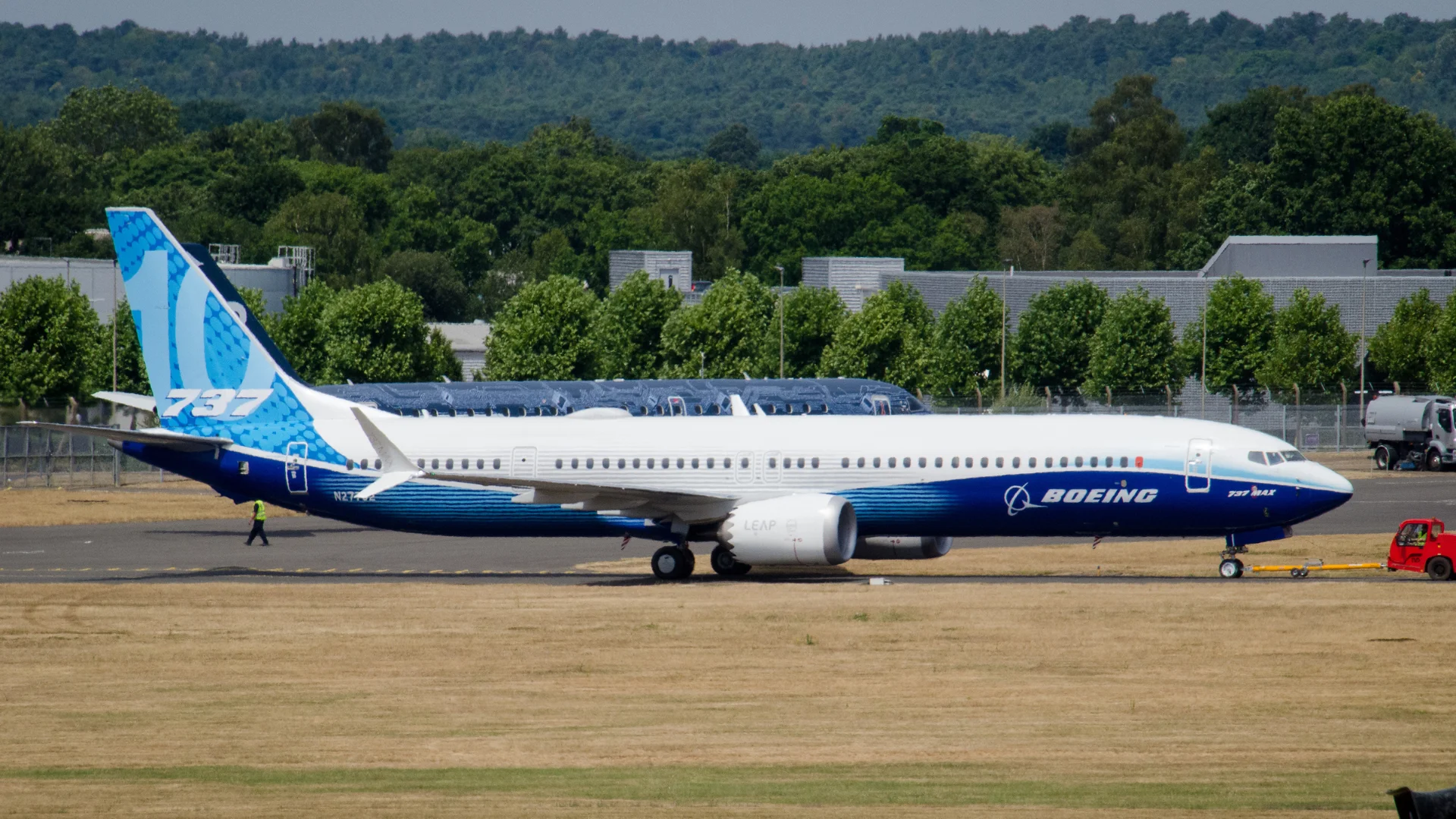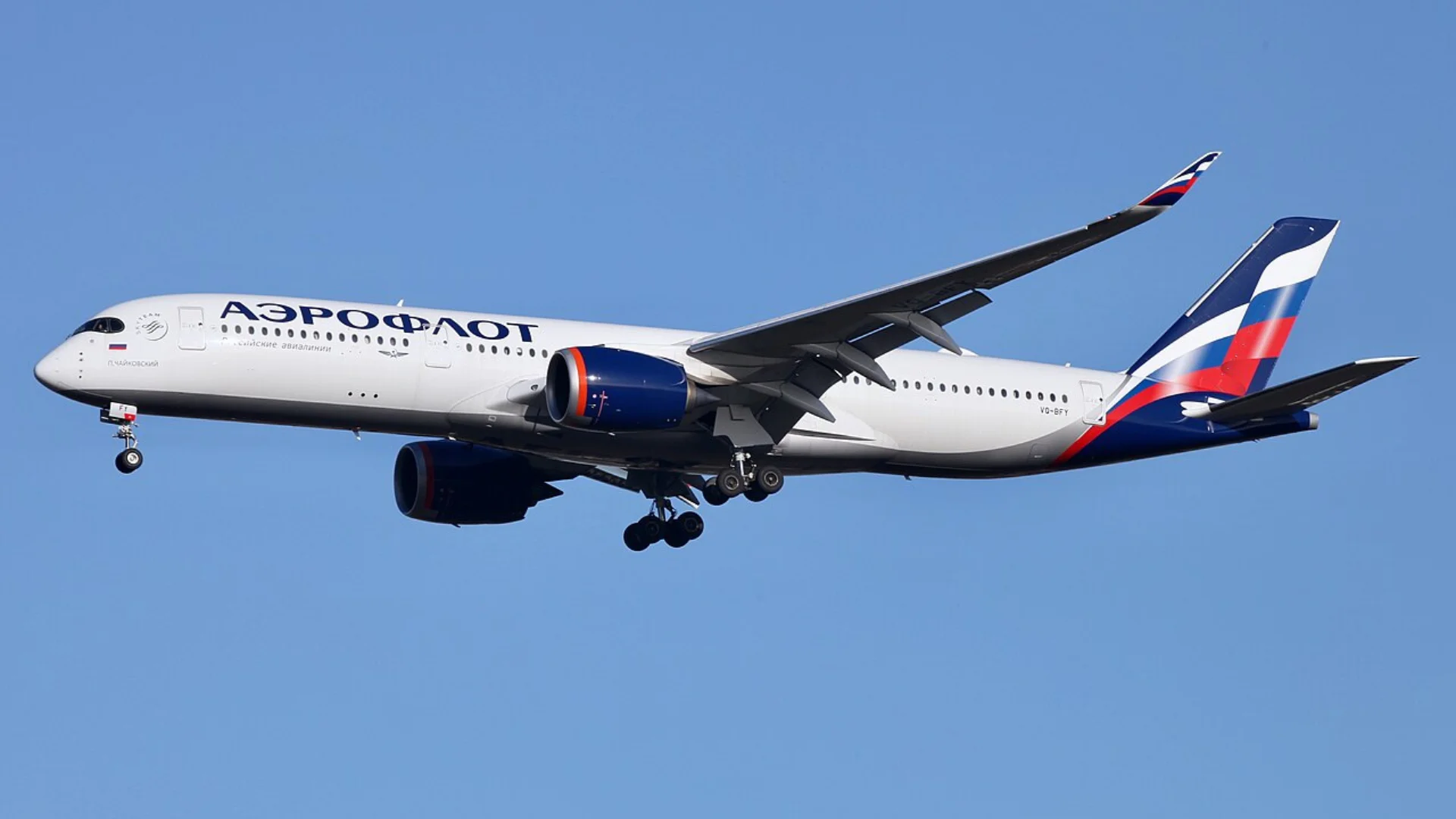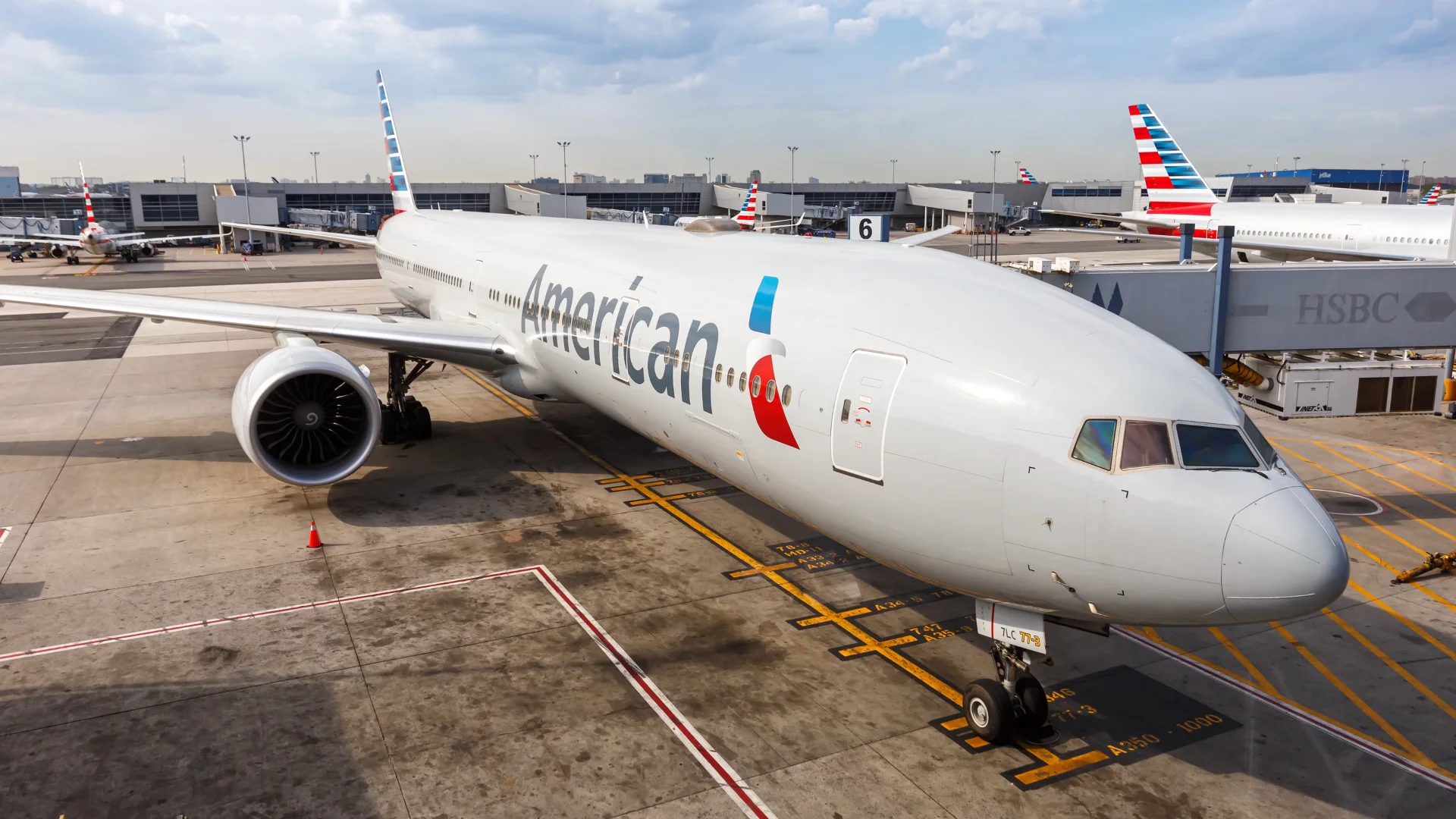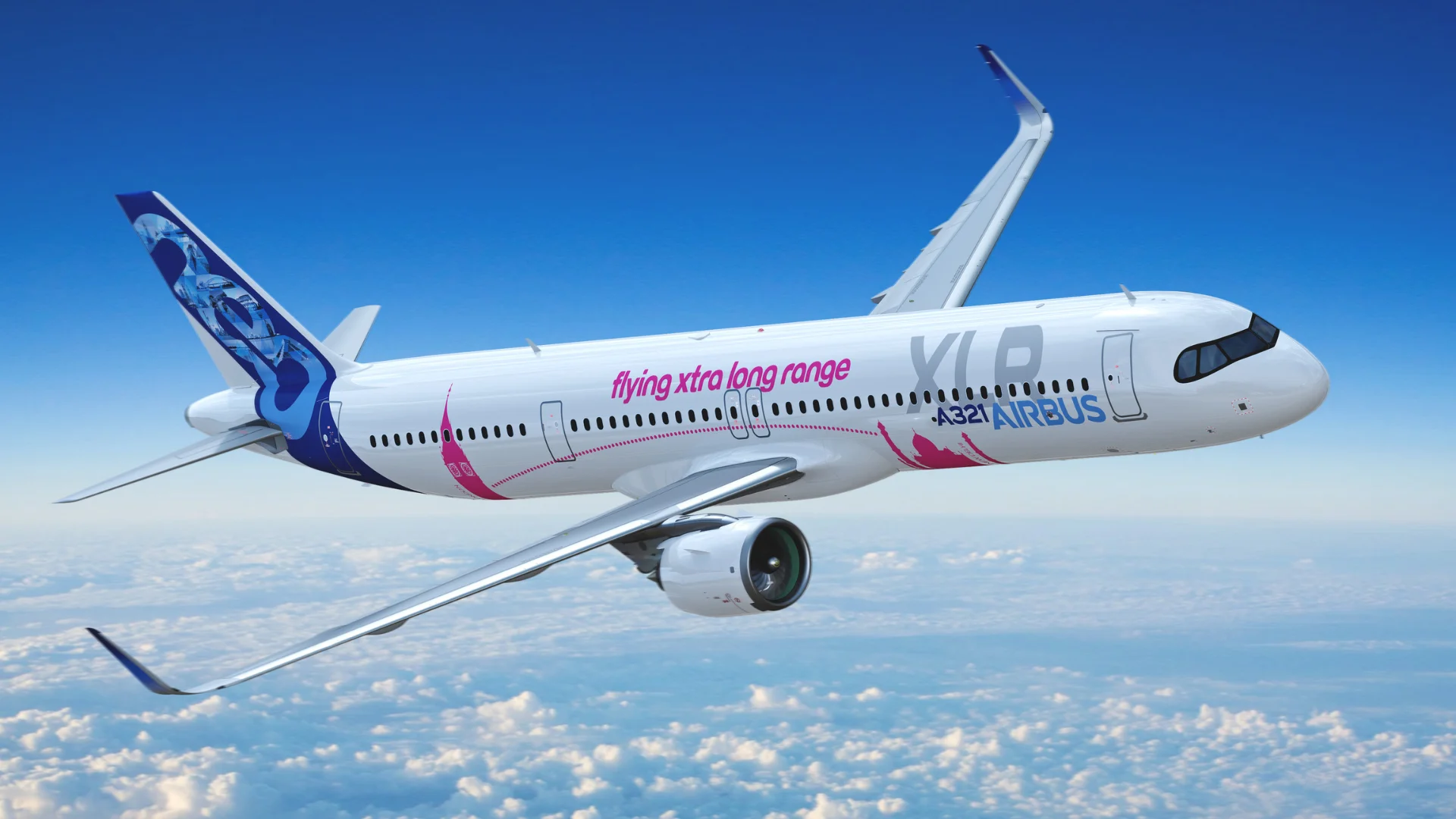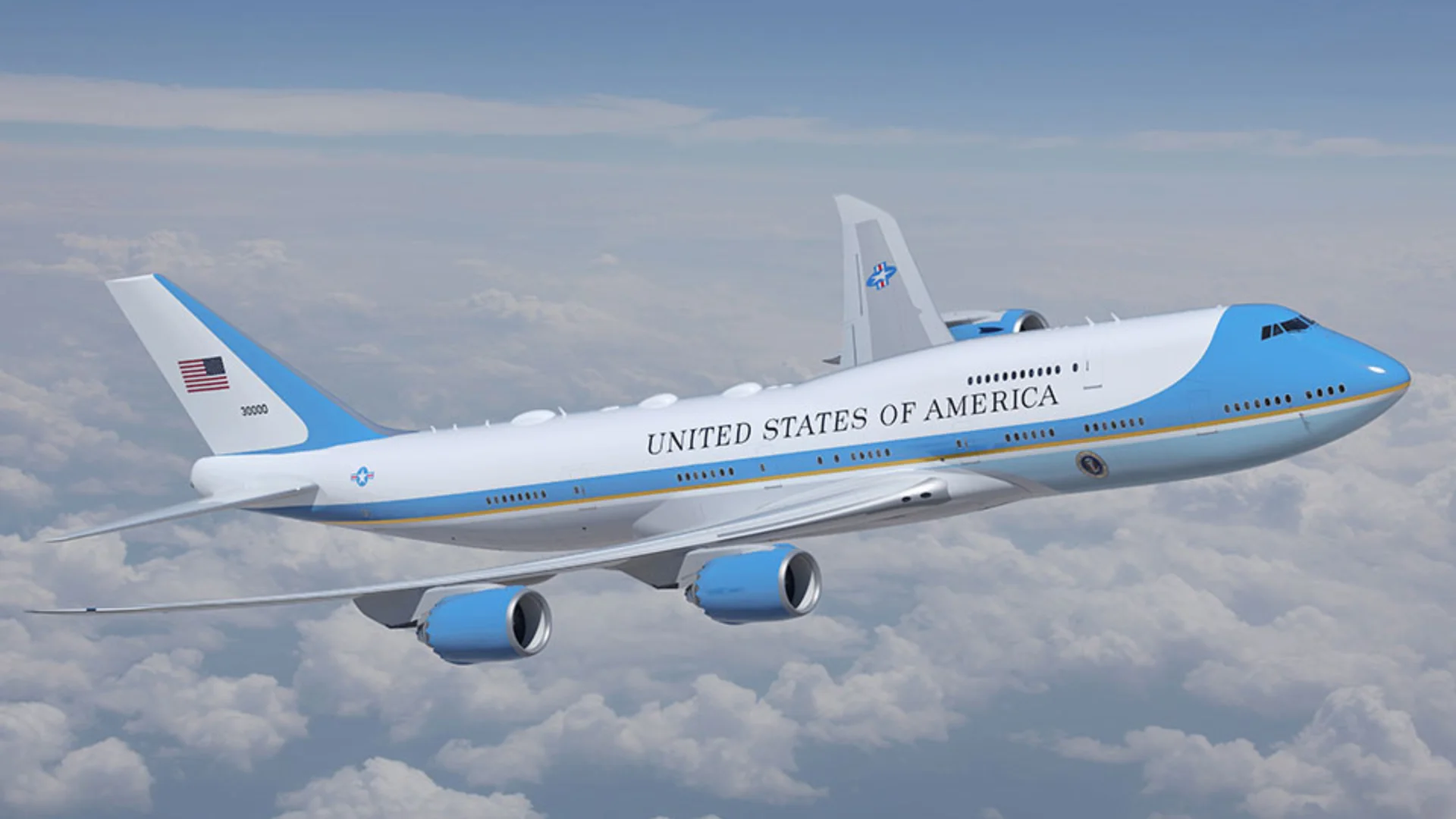In April 2024, the Environmental Protection Agency (EPA) designated Perfluorooctanoic acid (PFOA) and Perfluorooctane sulfonic acid (PFOS) as hazardous substances under the Comprehensive Environmental Response, Compensation, and Liability Act (CERCLA), commonly known as "Superfund." This designation impacts various industries that have utilized these chemicals for fire suppression, food packaging, and other consumer products. The designation raises concerns about potential liabilities for spreading these chemicals, which are linked to health issues such as infertility, lower birth weight, and thyroid cancer.
Airports are significantly affected due to their historical use of Aqueous Fire Fighting Foam (AFFF), which contains PFOA and PFOS. Many airports have proactively transitioned to fluorine-free foam and decontaminated equipment in line with the Federal Aviation Administration’s Aircraft Firefighting Foam Transition Plan. However, this CERCLA designation has broader implications. Airports now face potential legacy pollution issues involving groundwater, soil, and air contamination.
The Department of Defense estimates cleanup costs at its facilities could exceed $3.8 billion. The overall financial burden is still uncertain but is expected to surpass previous efforts related to asbestos and lead cleanup. Airports may incur substantial remediation costs on-site along with public relations challenges and possible lawsuits from third parties over legacy contamination.
 Alerts Sign-up
Alerts Sign-up


















